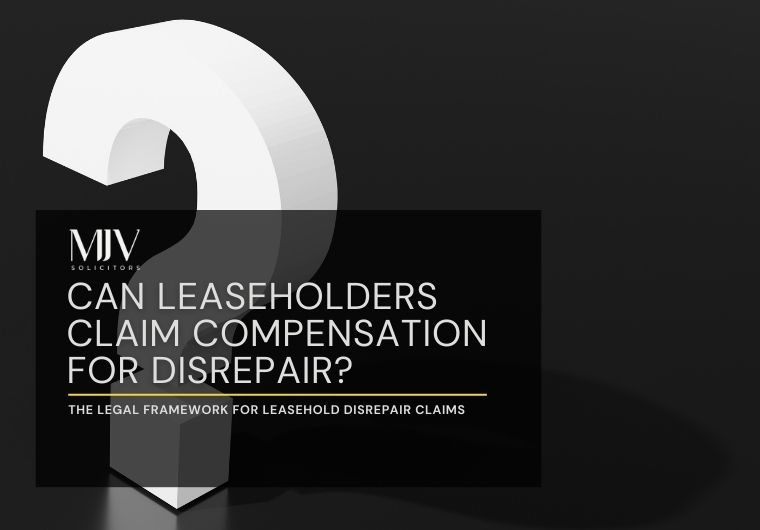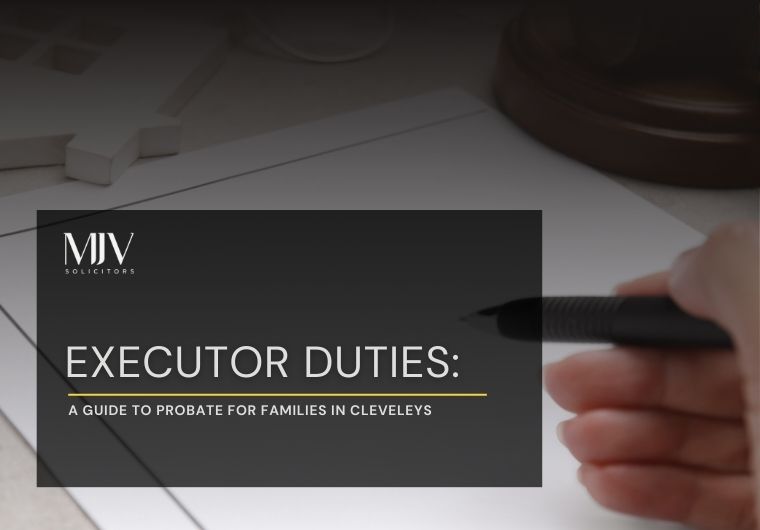Security of tenure was created by the Landlord and Tenant Act 1954 (‘1954 Act’). It gives a tenant the right to renew a business lease on the same terms as the existing lease. The landlord is able to resist a renewal, but only if they can demonstrate one of the statutory grounds for doing so.
If the 1954 Act applies, the tenancy is known as a ‘protected tenancy’. It automatically applies to all business tenancies, but it is possible to opt out if certain conditions are met.
Benefit for tenants
The right to renew a lease on the same terms as their existing lease gives business tenants peace of mind and confidence that they can build their business from their premises. Without this security they would face having to relocate at the expiry of their lease each time. Leases are often granted for three or five years and businesses would face significant upheaval and cost if they were required to relocate on their expiry.
Restrictions on landlords
Landlords are unable to evict tenants at the end of a commercial lease unless they are able to demonstrate one of the permitted grounds for doing so, which are that:
- the tenant did not keep the property in a good state of repair;
- the rent was frequently late;
- the tenant committed substantial breaches of other obligations under the tenancy agreement;
- the landlord is able to offer suitable alternative premises;
- the property was a sub-let of a whole property and the landlord is able to obtain a greater rent by letting it as a whole;
- the landlord wishes to demolish or otherwise redevelop the property; or
- the landlord intends to occupy the premise.
It should be noted that being able to obtain higher rent or longer term from a different tenant or the landlord wishing to sell the property are not valid grounds for terminating the tenancy.
Control for landlords
Landlords are able to avoid these restrictions by asking the tenant to opt out of security of tenure. They can only do so prior to the commencement of the tenancy. Notice must be served no fewer than 14 days before the lease is entered into. The prospective tenant must then make a statutory declaration agreeing to opt out of the provisions.
Many landlords require all prospective tenants to opt out of security of tenure if they are to agree to grant them a lease. That is not to say that they would not consider granting a new lease, but that they do not wish to be required to do so on the same terms as the existing one. For example, a landlord may have agreed to a three year lease with an 18 month break clause for a first lease. Even if the rent were to remain the same, the landlord may wish to remove the break clause.
Ending protected tenancies
If a tenancy is protected, a landlord may still offer a new lease on different terms. They must serve a notice on their tenant stating the date the current tenancy will end and setting out the new offer. There are certain, specific requirements for the notice to be valid. It must be served not more than 12 and no fewer than 6 months prior to the date the term is due to end. It must be clear, in writing and served correctly. It must state within the notice how it was served, when and on whom. If there are multiple tenants, it must be served on all of them.
If the tenant does not respond, the tenancy will end on the date stated in the lease. If they do, they must either agree the new terms or reject them. This is article is not intended to offer advice to either landlords on tenants on how to proceed in the event of a dispute and so we do not propose to say more on how to proceed if you are a landlord or tenant involved in a dispute of the renewal of a protected tenancy, but there are articles available that provide an overview and one such feature is here: https://www.netlawman.co.uk/ia/section-25-notice
The process is the same if the landlord can demonstrate one of the permitted grounds. However, if the tenant objects and requests a new lease, the landlord will succeed in resisting this if the ground is proven.
Tenant’s renewal
To renew, the tenant must serve notice requiring a lease on the same terms. It must be served no more than 12, but no fewer than 6 months before the end of the tenancy. However, the tenant may not serve notice if the landlord has first served notice. As such, tenants who wish to renew on identical terms are wise to serve on the first day possible.
Landlords only have the right to refuse the renewal if they can demonstrate one of the permitted grounds.
Tenant’s termination
If a tenancy is protected, a tenant may still choose to leave at the end of their lease. they must serve at least three months’ notice and this must expire no earlier tan the expiry date of the lease.
Help and assistance
Whether you are a landlord or tenant entering into a new lease or seeking to end a lease, it is wise to take legal advice. MJV Solicitors are based in Thornton-Cleveleys, near Blackpool and provide expert assistance and advice on all areas of commercial property law.
For a free, no obligation consultation, either call us on 01253 858231 or e-mail info@mjvlaw.co.uk







